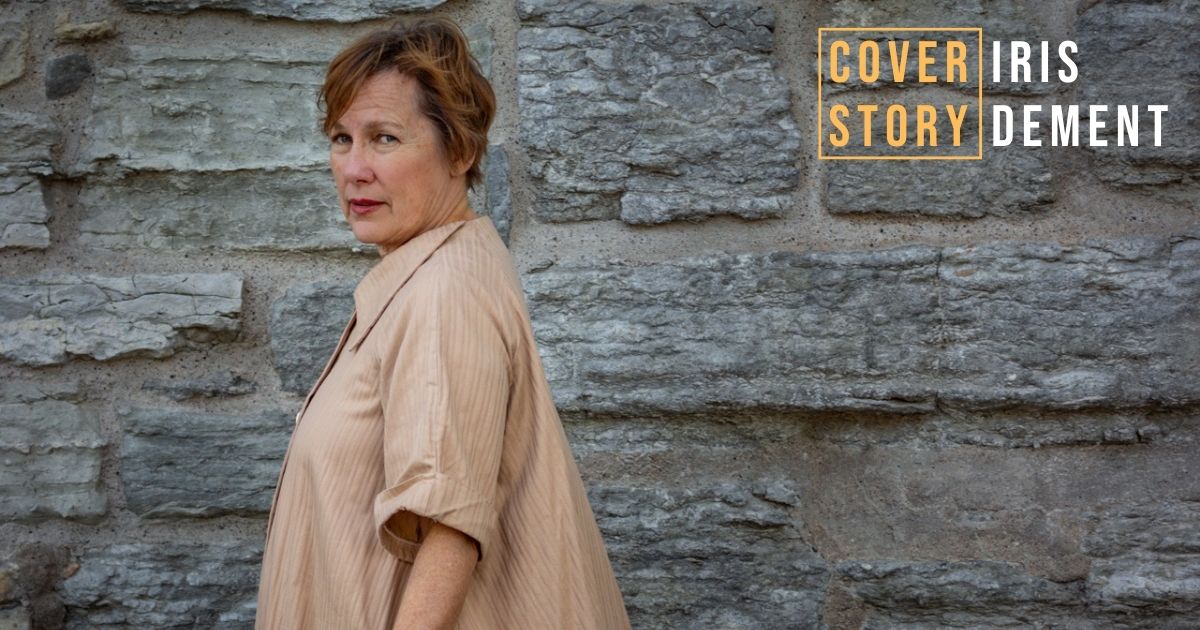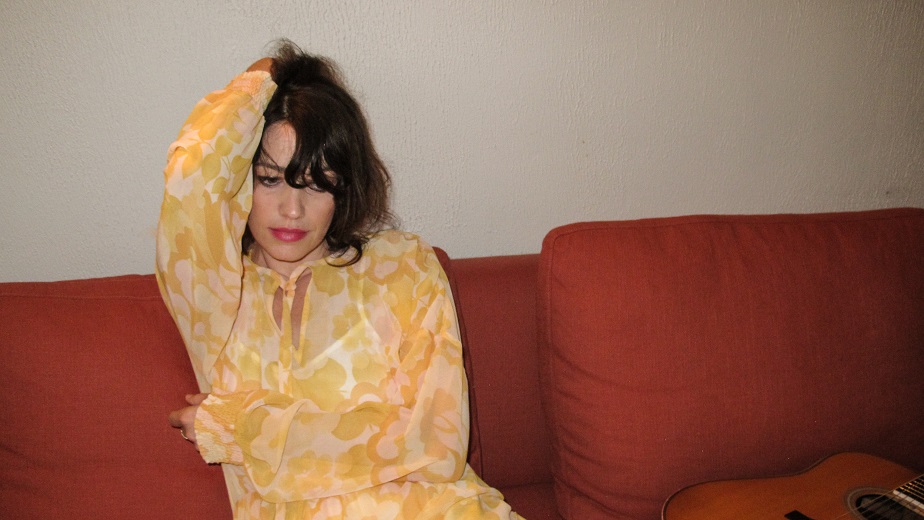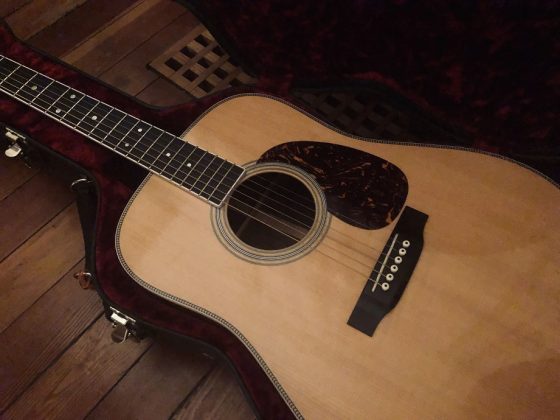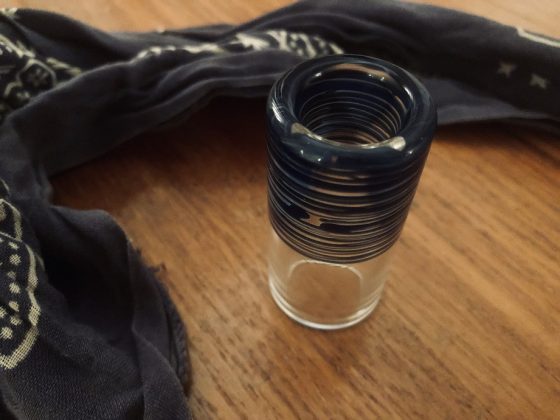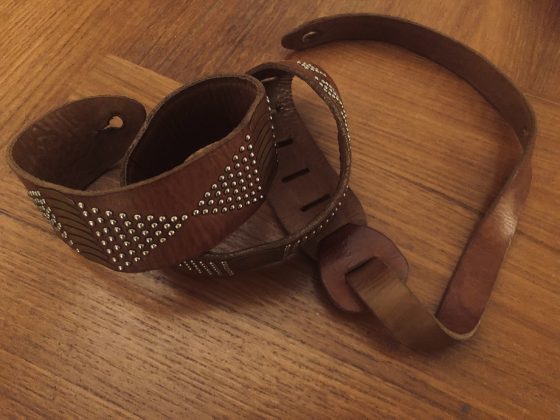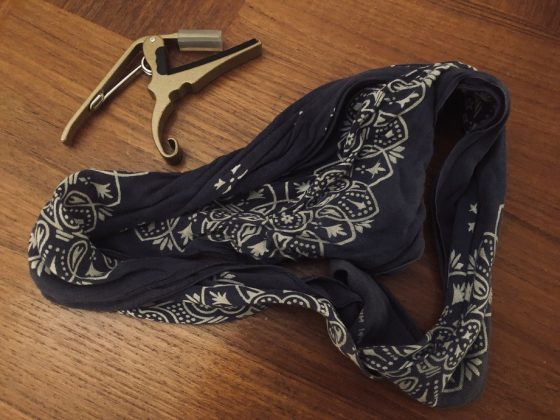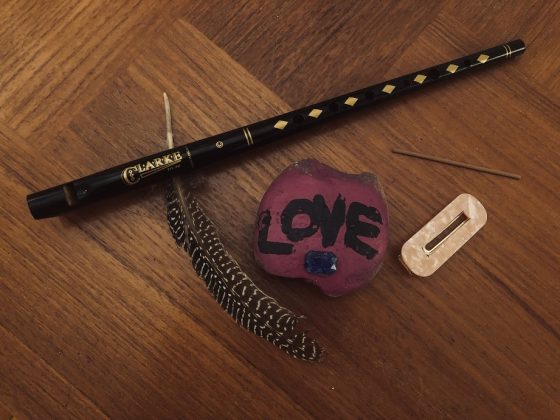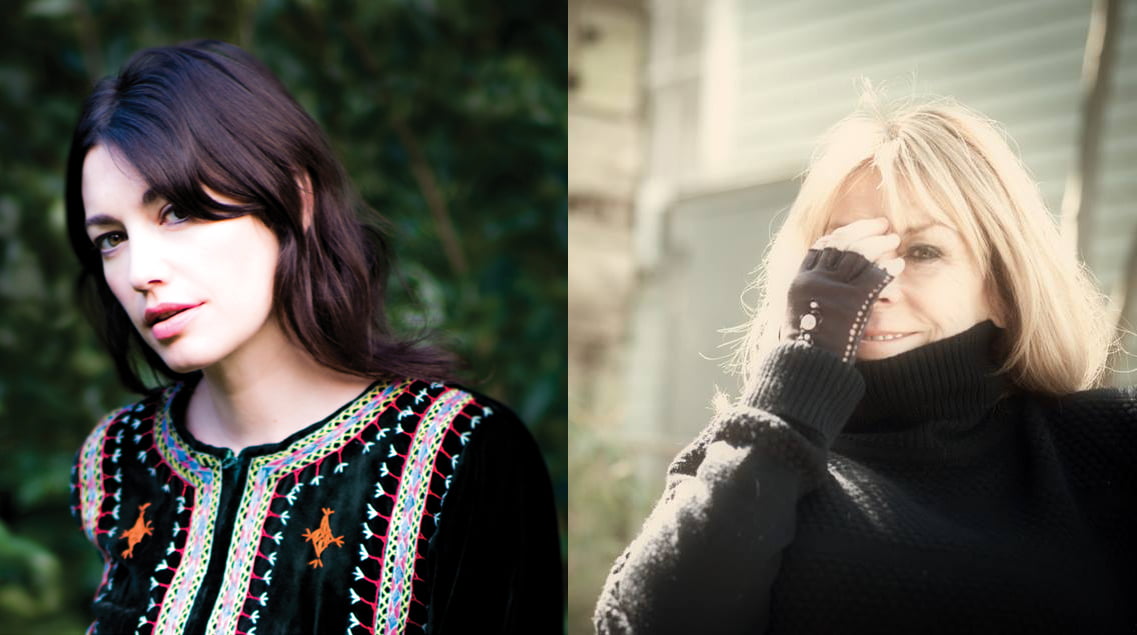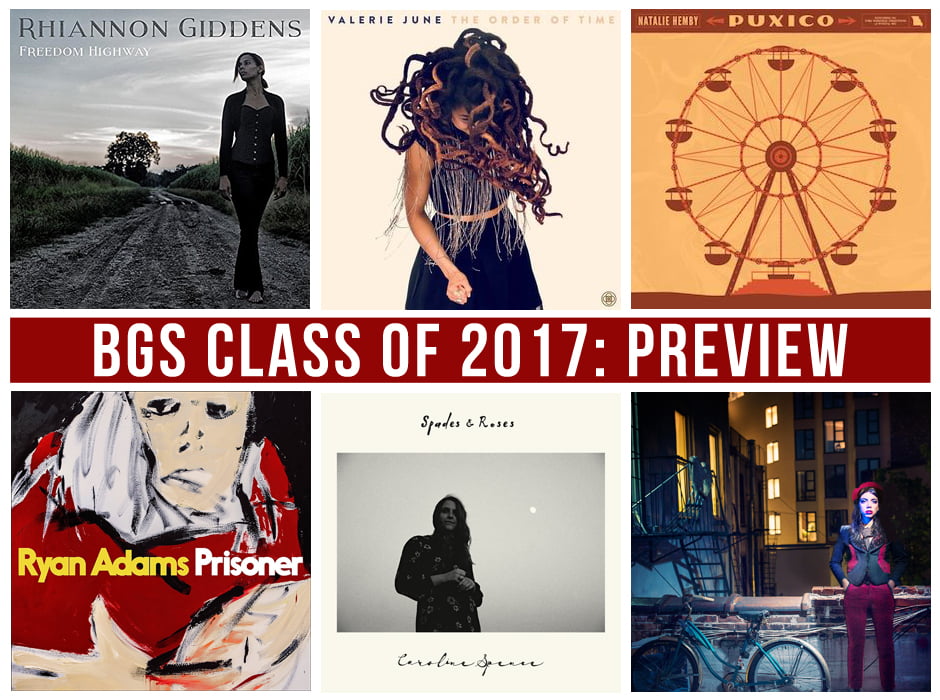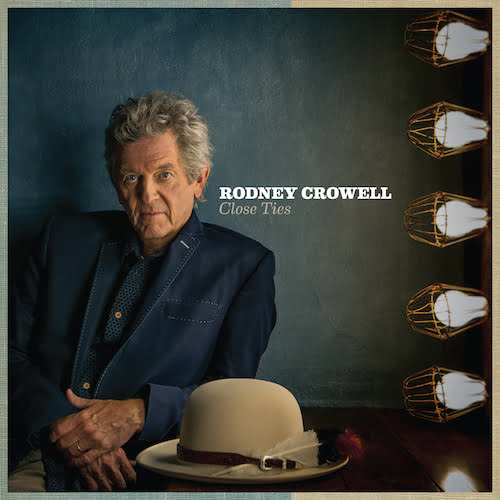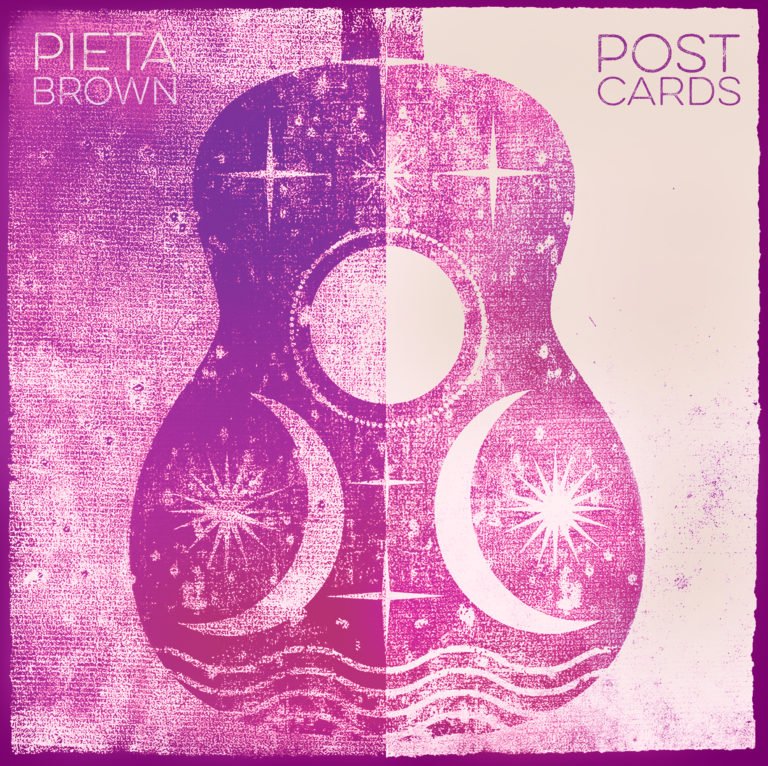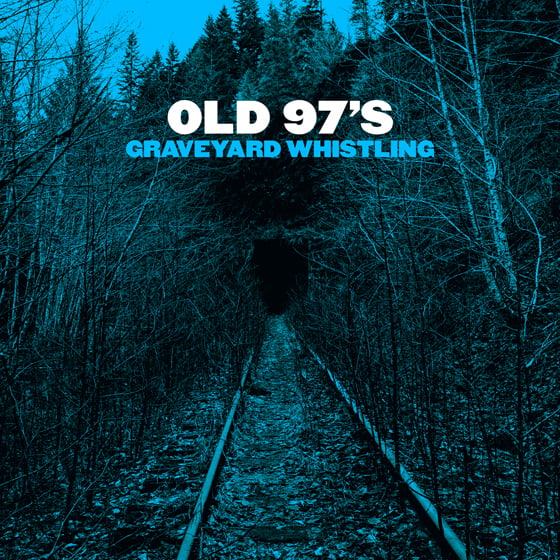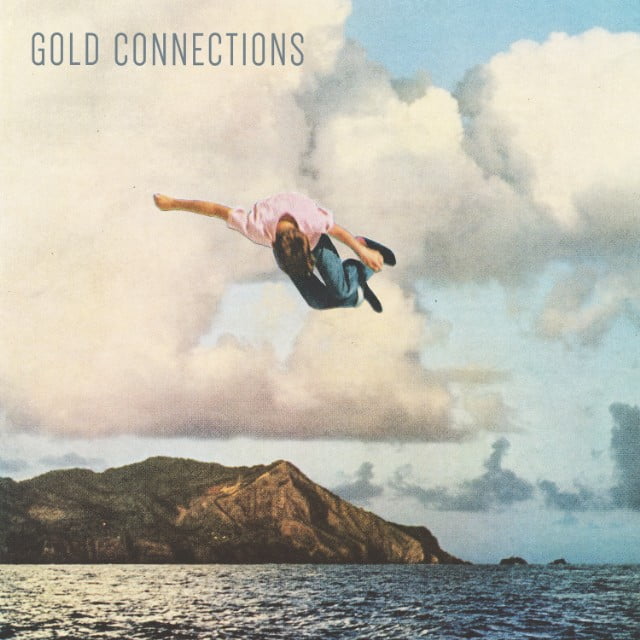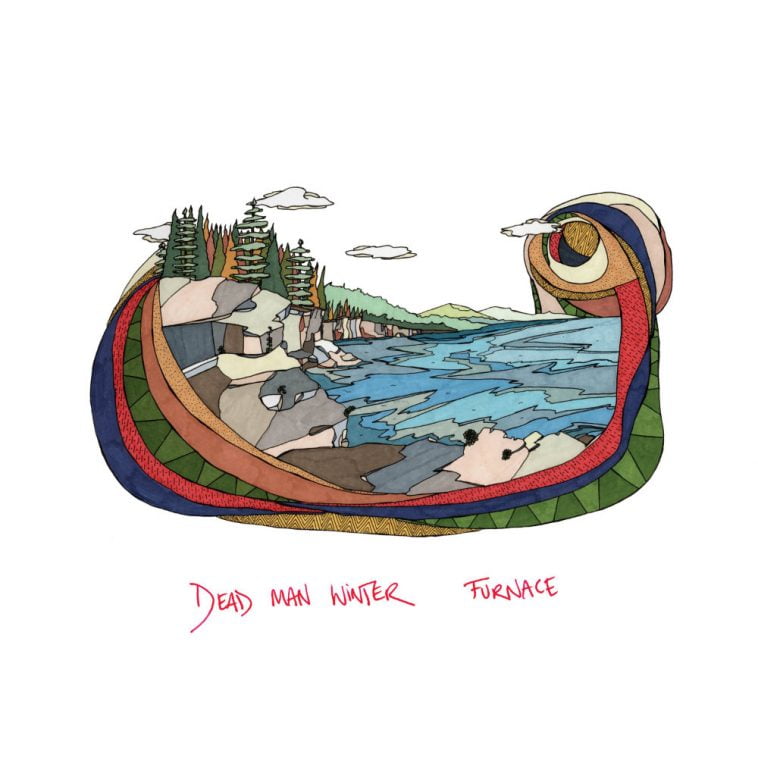Rattled by the 2016 election and its aftermath, singer-songwriter Iris DeMent did what folk singers are supposed to do: She picked up her pen. But it took until February 2023 for Workin’ on a World, her seventh album, to reach listeners — and it might not have happened at all if her stepdaughter Pieta Brown hadn’t intervened. Brown (whose father is DeMent’s husband, Greg Brown), had cowritten “I Won’t Ask You Why” and “The Sacred Now” with DeMent and knew several tracks had been recorded before the project hit a pandemic-induced pause. When Brown inquired about the album’s status, DeMent confessed she’d stalled out and given up.
Brown asked to hear what DeMent and co-producers Richard Bennett and Jim Rooney had recorded, then declared an album did, indeed, exist, and helped shepherd it to completion. Then she joined DeMent on tour, opening a series of dates that included a March stop in Austin at which DeMent introduced her new work to a sold-out audience — who were particularly amused when she sang “Goin’ Down to Sing in Texas,” an oh-so-sharp skewering of open-carry laws, male privilege, one-percenters, racism and “war criminals who get to walk around free/like that president who lied about WMD.” (The Chicks, who famously called out that president, earn her thanks).
DeMent boldly speaks her mind throughout Workin’ on a World, mixing indictments of oppression, greed and the cult of personality with praise for righteous “Warriors of Love.” She also ruminates on love and loss, and addresses God frequently — not surprising for the youngest of a 14-child family raised in the Pentecostal church. But instead of drearily lamenting a world in turmoil or patly claiming prayer is the answer, she strives to induce hope. When she sings “workin’ on a world I may never see,” she’s reminding activists to keep fighting for future generations.
Back home in Iowa several days after her performance, DeMent discussed the facets of a career that took flight 31 years ago with her debut album, Infamous Angel. Two Grammy nominations, one Americana Music Association Trailblazer Award and dozens of collaborations later, she still likes to let the mystery be, so to speak, when it comes to certain aspects of her songwriting process. But when it comes to inspirations and emotions, she spoke just as she does in her songs — with honesty and openness.
BGS: You’ve said this album came about because you wanted to cut yourself a path through the wilderness of despair. Was there any other sense of mission involved?
DeMent: Initially, it was just a level of despair that was not sustainable, and I had to apply myself to something constructive. Beyond that, it was like, I want to fix things. I care about people here; I care about my children, I care about your children, I care about the world. So I want to see it be improved. And I can’t think of a more useful way to spend my time. The best way I know how to do it is to write songs. Because I know from my own experience, songs can energize me and give me hope and confidence to go do my job. I feel like the best thing I can do is contribute to other people — whatever their job is, some inspiring music can help ’em get it done, as we know.
I went through a phase; I did a lot of political, local things — which is incredibly important, don’t get me wrong. But I can’t do both; I noticed that. They’re two different sides of the brain. And I was either doing the phone banks and all that business, or I was gonna be a writer/singer. At some point, that became clear to me. A few people helped me figure that out: “Iris, that’s your gift, stop underrating it and go.” So I just went back into the songs, and as a result, there’s this record. It would not have happened otherwise. I decided to go back to believing in the value of singing some songs.
Did you originally have a target date for an album, or were you just kind of hoping to do something and then Pieta said, “Here it is”?
I think when I was a lot younger and just coming out of the chute, I probably had targets then, because there’s kind of that thing when you’re young; you’ve got to get your ball rolling. I certainly felt that. I had a really intense sense of momentum and urgency, and I don’t think you’ve got to be a songwriter to have that; it’s a time in life thing, in my opinion. And I’m glad to have had that. It was its own, exciting, awesome, wonderful time. But that started shifting, and rather than fight with that, I accepted it. And I’m really glad I did, because I feel like my music’s gotten better; my singing has gotten better.
I feel like allowing myself to relax a little bit, to trust that the songs will evolve as they need to as long as I keep showing up often enough, in my opinion, has worked. A lot of people who talk to me are really focused on these gap periods and all, which to me are not gap periods. It’s the time it took, plain and simple. There’s a lot of records out there; there’s a lot of music. I’m not interested in taking up somebody’s heart and mind space unless I really feel like I have something to say that warrants that.
If I were thinking in terms of a career, I’d have put out a lot more records. Because I’ll build up an audience, then I won’t put out a record for six years. A handful of people stay with me and a lot of others drift off somewhere else. That’s how that works. If I’d even put out a mediocre record here and there, I think I would have kept a lot of folks. People, if they don’t hear from you, they forget about you, by and large. But I’ve been really fortunate that I’ve had enough people who haven’t that I can still go out and play.
I posted a picture from your show on social media, and so many people responded, it was an obvious indicator that they have not forgotten you. Your sold-out show was another. That must be heartening.
Oh, sure. When you feel like you’ve got something to say that you believe somebody needs to hear, it’s a wonderful feeling when that actually happens. I’ll admit it’d be discouraging if I went out there and the rooms were half full. That said, that has never stopped me before, and never will. I’ve always thought that way. I used to get this vision when I started out; I’d conjure up a desperate person, and I have a model in my mind of who this desperate person is, which I won’t get into. But I conjure a picture of them. They walk in, they sit on the back seat, and I’m singing to that person. Nobody knows them. Nobody knows their name. They’re gonna wander out that door, but they’re gonna take something from that room that they needed, and it’s my job to give it to ’em. Yeah, my feelings and my ego and all that stuff come into play, but I’ve gotten really good at overriding all that and thinking of the mission that I’m on and the job that I have to do that isn’t about numbers. It’s about hearts; individuals. I gotta go there with ’em and let the rest go. That rest of it is just not my business.
The list of albums and tracks you’ve contributed to is really astonishing, but you’re probably best known for your duets with John Prine. How did those tend to come about?
John wrote liner notes on my first record. I became acquainted with him through Jim Rooney, who was friends with John, long before I met John. And then when my first record came out, John asked me to go out and open for him, which, of course, I gladly did. Right up till the end, I would always do a couple of shows a year with him, at least. Did quite a lot of shows throughout the years prior to that. And one thing led to another. We got to record those duets together. I just loved John like crazy, and I think he loved me. Singing with him was its own unique thing that’ll never happen again, and I’ll miss that forever.
You cite quite a list of heroes on this album. Did you have to leave many out?
Always. There’s always people. “Warriors of Love,” I could have made it 10 verses long.
How did you choose?
Oh, I couldn’t even begin to explain that. It’s just, you’re sitting there trying to get somewhere and your gut says, “I think this is the direction to go.” Obviously, the people I chose are more universally known. And that helps because you don’t have to write, “here’s the history of this person,” so you can bring people up to speed. Most people are far less familiar with (pro-Palestinian activist) Rachel Corrie than (U.S. Sen.) John Lewis or Dr. King, so that was a little bit of a stretch. But I think I gave enough details to make that picture fairly clear. And there’s lots of information out there if people want to gather it.
With “The Cherry Orchard,” you’re continuing the Russian literature connection you made on your last album (2015’s The Trackless Woods, on which she set poet Anna Akhmatova’s translated words to music; the song is inspired by Anton Chekhov’s play). You’ve got a Russian-born daughter, and you seem relatively steeped in that culture. What drew you to it?
Our daughter was 5½ when we adopted her from Siberia. She’s almost 24 now. So we had a little Russian speaker in our house. There was a lot of mystery there; she had a lot of qualities that were clearly unique to her culture. I can still see them today. So I wanted to understand as much as I could, which is still very minimal; I’m not going to pretend. But I wanted to find a way into that world to the degree that I could. So that’s what I did. I did those Anna Akhmatova poems and took a couple of Russian literature classes. And I found that I love the Russian writers. I must have some sort of natural affinity for the world that made my daughter.
Have you ever seen Chekhov’s plays performed?
I saw Uncle Vanya in Chicago. I cried through the whole damned thing. My husband and my daughter were by my side; they were just looking at me, like, “Is Mom having a breakdown?” I had the same reaction to The Cherry Orchard. I was in my class, this university class with, like, 12 people; I could hardly sit in my chair. There’s just something about the merging of intense elements in so much of Russian life and literature that something in me relates to. I actually had a lot of that in my own family history. Intense drama, poverty, violence, you name it, the whole male-female dynamic, the hierarchies. There’s something in it that is very familiar to me. I’ve just connected with a lot of that literature. Like, just in my body, I mean.
At your show, Pieta said the songs on this album feel really important, and she’s right. They do. You tackle some big topics, and you’re not afraid to name names and focus on divisive issues. I loved hearing you sing “Goin’ Down to Sing in Texas” in Texas, but putting a song like that out in today’s world, do you worry about blowback?
No, I worry about what would happen if I stay quiet. I worry about what will happen if I don’t speak up about these things. I’ve crossed over to that. When I was younger and wrote about the Vietnam War on “Wasteland of the Free,” I wasn’t worried. But then I became the target of a fair amount of hatefulness, to put it mildly, and that was surprising to me. But I’ve got my eyes pretty wide open about what’s going on here now.
No, I don’t feel worried about that. I feel worried about the people who will be hurt if I stay silent. My takeaway from my upbringing and the teachings of Jesus … you’re supposed to care about something bigger than you and invest yourself in it. I wouldn’t go so far as to say, “Oh, I don’t have fear.” Of course I do. But I do feel like that’s what we’re called to do. There’s a power and a confidence and a peace that can come with that as well. I feel that.
Photo Credit: Dasha Brown
